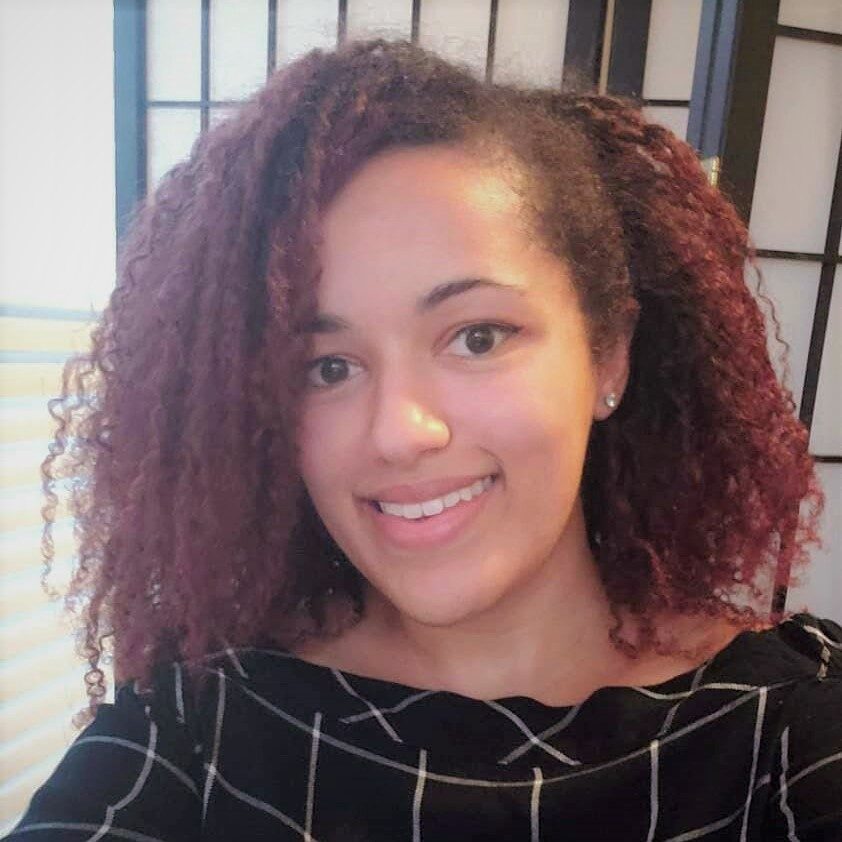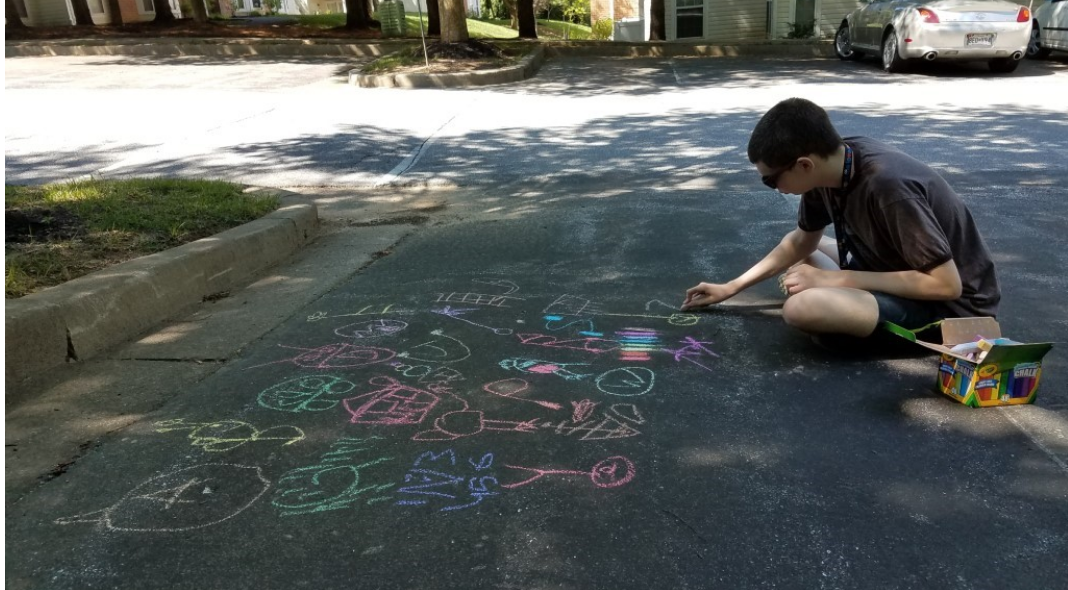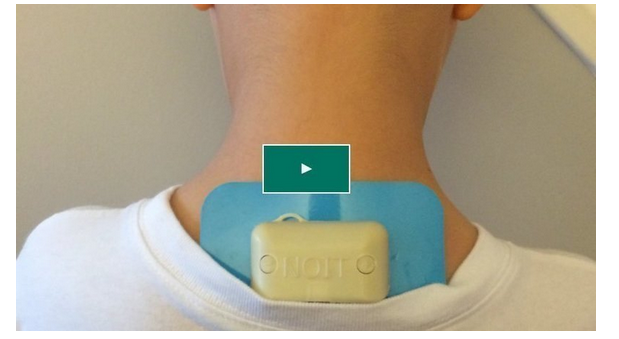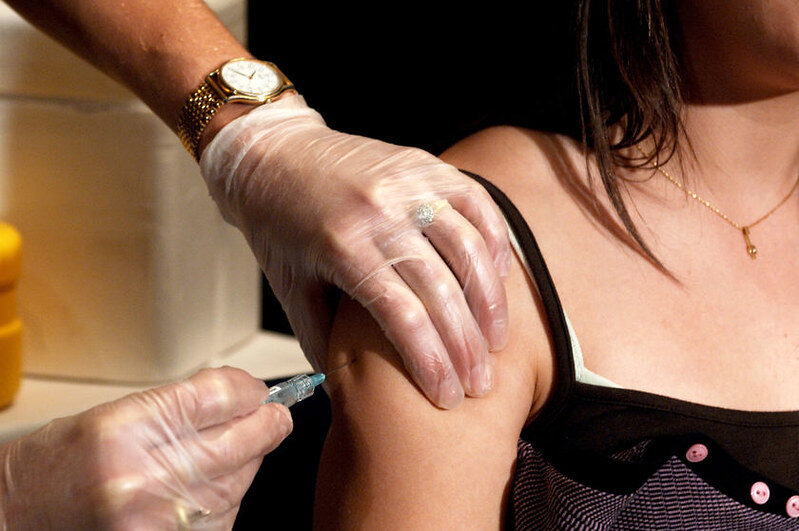Non-autistic people harbor assumptions about autistic people, whether they’re aware of them or not. And those biases can get in the way of autistic people being included both socially and professionally. We talked with Desi Jones, a Doctoral Student at the University of Texas at Dallas, whose recent paper Effects of autism acceptance training on explicit and implicit biases toward autism examines how autistic acceptance efforts both succeed and fail in addressing stereotypes about autism, and what this means. We also discussed her work on structural racism in autism research, and how institutions can do better by their autism researchers of color—and why that doesn’t merely mean recruiting more POC. Photo courtesy Desi Jones [image: Desi Jones, a smiling Black woman with curly shoulder length purple-tinged hair.] TPGA: Can you tell us about your background, and what drew you to autism research? Desi Jones: I double majored in Neuroscience and Psychology…
Year: 2021
Sunday Stillwell For the past three years, I have worked in a local elementary school as a one-to-one support aide to a handful of K-2 students with various intellectual disabilities, in a self-contained functional academic life-skills (FALS) classroom. My job is to assist the student I am working with in all aspects of their day. I sing songs during circle time, help them learn to request items with their communication devices, teach ABCs and 123s, and during recess I play tag because it made everyone giggle and little bodies have a lot of energy to burn in the last two hours of school. But, hands-down my favorite days are the ones when we draw pictures, sculpt creatures out of clay, or create masterpieces in art class using bits of rolled up tissue paper, glue, and a vivid imagination. My favorite days. Then, in March 2020, COVID-19 hit, and those in…
Anne Borden King twitter.com/AgainstCures The NOIT device in use [image: Screen capture from a video, showing the back of a person’s neck with a small buzzing device attached with a gel pack or some such.] The NOIT product was first flagged by Rory McCarthy, an advocate in the ADHD and autistic communities. The device is attached to the base of a child’s neck with glue. It stays attached to the child throughout the day, emitting loud beeps every eight seconds. Its marketers claim that this “Natural Orientation Inducing Tool (NOIT)” is a “tool to create and maintain focused attention.” There is no research or evidence to support this claim. Despite this, NOIT marketers earned nearly $150,000 promoting the product on Kickstarter, even as members of the ADHD and autistic community reached out to Kickstarter, asking it to remove the product from its platform and calling it a torture device. A petition…
Photo © VCUCNS | Flickr / Creative Commons [image: A person wearing a black tank top getting a vaccine injection in their shoulder.] by Kate On Monday, February 15, I was lucky enough to get my first dose of the new Moderna vaccine for the COVID-19 virus. I say lucky, but in reality, it was a matter of various privileges, such as race, class, and education, all combined with the fact that I moved into a certain type of housing last summer. I had been communicating with a staff member for my local health department about something else related to the pandemic, and when the subject of vaccines came up, this person told me that I qualified and I should make an appointment right then. So I did: CVS, a local pharmacy chain, had just been allocated a large number of vaccines, so it was fairly easy for me at that…
I feel things so intensely, and when that’s a good emotion, it’s the best thing in the world. I feel joy with every bone in my body. When someone else is happy, I feel it too.
For people in under-represented communities—autistic people included—there is nothing quite like seeing “someone who moves like you” in mainstream storytelling. We talked with Pixar’s Erica Milsom, who wrote and directed the lyrical SparkShorts film Loop, about the importance of listening to people who actually inhabit the worlds creators want to bring to the screen, the power of storytelling and representation, why it matters that Loop’s autistic character Renee is both a girl and a person of color, and the importance of connection on a purely human level—especially between people who communicate or act differently from each other. Loop writer and director Erica Milsom. Photo courtesy Pixar. [image: A white woman with a silvery-gray bob and clear-framed glasses.] Content note: mention of children of color killed by police Thinking Person’s Guide to Autism: Erica, I just want to thank you so much for agreeing to this interview, and for the work…
Sonia Boué www.soniaboue.co.uk twitter.com/soniaboue ‘Mainstream’ media has not yet clocked the seismic cultural significance, for autistic audiences, of Hannah Gadsby’s newest show, Douglas. A lofty but quite oblivious New York Times review by Jason Zinoman misses the mark, because the reviewer seems to have no knowledge of autistic culture. Inkoo Kang of The Hollywood Reporter does better. Kang has been watching the conversation about neurodiversity online, and notes Douglas is a novelty for pop culture. Yes. It is novel, but it’s vital that we take this observation one step further: We need to consider the import of Douglas for autistic people, and what impact it might have towards much needed societal change and improving their lives. For this we need a more sophisticated analysis of Douglas as a cultural artefact, and a dissection of the failings of ‘mainstream’ critical reviews. The Guardian’s Brian Douglas gives the film a worthy four stars, but fails to…
We initially published this letter in June 2020, while President Biden was campaigning for the office he now holds. On this joyous inauguration day, we’re republishing it with renewed enthusiasm and hope for how the Biden Administration can best serve its autistic and disabled constituents. January 20, 2021 Dear President Biden, We would like to reaffirm our June 17, 2020 letter to your campaign: Your campaign’s new disability policy makes us hopeful about the future for our autistic children with high-support needs. Thank you for taking the Americans With Disabilities Act (ADA), disability rights, inclusion, and quality of life issues seriously, and also for addressing how the COVID-19 pandemic impacts the disability community. Many of our children are already adults, and many require full-time supports, which means we share your campaign’s concerns. We also want to emphasize areas in which the campaign can deepen and reaffirm its commitment to disabled…
Shannon Des Roches Rosa twitter.com/shannonrosa I want to make this as friendly as possible, so I think it’s important to start by clarifying terms: Inclusion, my lovelies, is a real and basic human right, and it simply means autistic and other disabled people have the right to be out and about in the world, and not segregated or hidden away as used to be the default for their community members. Inclusion does not mean forcing people like my high-support autistic son to be in places they don’t want to be, that aren’t set up for them, or in which they aren’t welcome. But even when we embrace inclusion as a disability rights baseline, my son still doesn’t get to do all the things—but that’s because of accessibility barriers, not because inclusion itself is a flawed concept. Even though The Americans with Disabilities Act (ADA) installed accessibility as the law of our…
[Image: The logo for PIXAR’s animated short film Loop. The word “loop” is written in rainbow-gradient lowercase script, on a white background.] Content note: Flashing graphic below Almost exactly one year ago, PIXAR released the short film Loop as part of its SPARKSHORTS program. In Loop, Renee and Marcus, “a non-verbal, autistic girl and a chatty boy are partnered on a canoeing trip. To complete their journey across an urban lake, they must both learn how the other experiences the world.” Marcus and Renee [Image: Still from PIXAR’s animated film Loop. A Black teen boy and girl are seated in a red canoe together. The boy is holding a paddle.] Renee is PIXAR’s first-ever autistic character, and is voiced by autistic actress Madison Bandy. Loop was also developed in close consultation with the Autistic Self Advocacy Network, which provided “feedback on what to them was feeling real, what felt funny and sad and…








